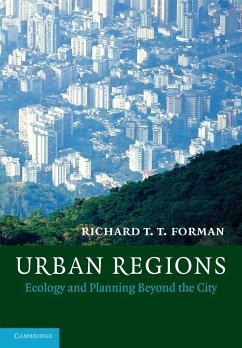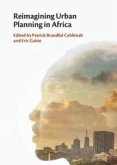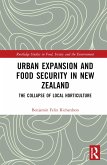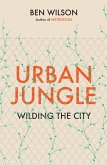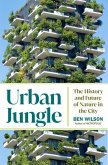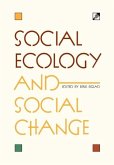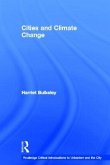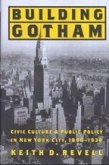With land planning, socioeconomics and natural systems as foundations, this book combines urban planning and ecological science in examining urban regions. Writing for graduate students, academic researchers, planners, conservationists and policy makers, and with the use of informative urban-region color maps, Richard Forman analyzes 38 urban regions from 32 nations, including London, Chicago, Ottawa, Brasilia, Cairo, Seoul, Bangkok, Canberra, and a major case study of the Greater Barcelona region. Alternative patterns of urbanization spread (including sprawl) are evaluated from the perspective of nature and people, stating land-use principles extracted from landscape ecology, transportation and hydrology. Good, bad and interesting spatial patterns for creating sustainable land mosaics are pinpointed, and urban regions are considered in broader contexts, from climate change to biodiversity loss, disasters and sense of place.
Hinweis: Dieser Artikel kann nur an eine deutsche Lieferadresse ausgeliefert werden.
Hinweis: Dieser Artikel kann nur an eine deutsche Lieferadresse ausgeliefert werden.

